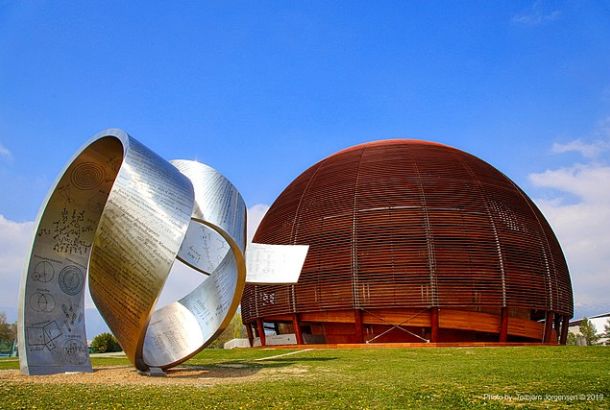Manchester students win award for alcohol patch design
Manchester students have won a gold medal at the recent International Genetically Engineered Machine (iGEM) championship. The team competed against 300 other teams from all over the world with their cutting-edge invention, the ‘AlcoPatch’. They were also awarded ‘Best Computational Model’, as well as shortlisted for the ‘Best Education and Public Engagement’ award.
The group was comprised of ten undergraduate students from The University of Manchester and Manchester Metropolitan University and have said that they hope their invention can act as an “affordable, personal intoxication awareness tool”, perhaps to avoid the negative consequences of drinking, in the future.
The team’s project, ‘AlcoPatch’, aimed to design a product that could detect alcohol in sweat. The product contains a colour patch, and presents various colours to indicate different levels of alcohol in user’s blood. The interdisciplinary team was made of six biologists, two engineers, a mathematics student and a linguistics student. They are based in the Manchester Institute of Biotechnology under the supervision of Professor Rainer Breitling and Professor Eriko Takano.
Having first presented the idea in January of this year, they spent the summer improving their design. Professor of Systems Biology, Rainer Breitling, who advised on the computational modelling and helped the students with their experimental designs, said: “The team was very interdisciplinary this year, with students from all three Faculties at the University coming together to do some very advanced genetic engineering. Their diverse background allowed the team to apply some really sophisticated technologies to their project, building a unique computational model to predict how to best design their biological system, so that they could optimise the experiments”.
As well as the project itself, the team has been trying to introduce their design to a larger community and help increase self-awareness of alcohol consumption. “It could be really useful for people for things like knowing if it’s safe to drive after drinking,” says Sathya Darmalinggam, a member of the successful team.
Professor Eriko Takano, who supervised the students when they developed the ‘AlcoPatch’, added: “One of the great achievements of the iGEM team this year was that they talked extensively to the Manchester community to find out how their project could make a real difference, and they brought this information back to the laboratory to decide which experiments to do. They didn’t just care about genes and microbes, but also were thinking hard about the impact of their science on the wider world”.







